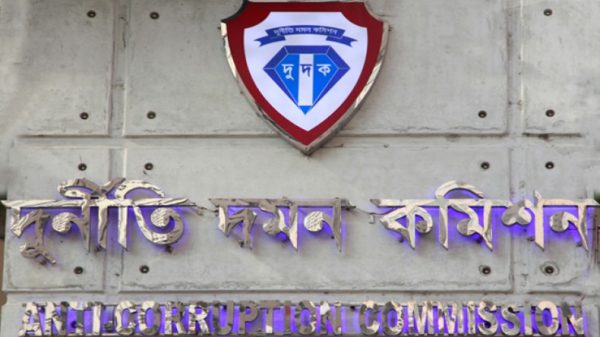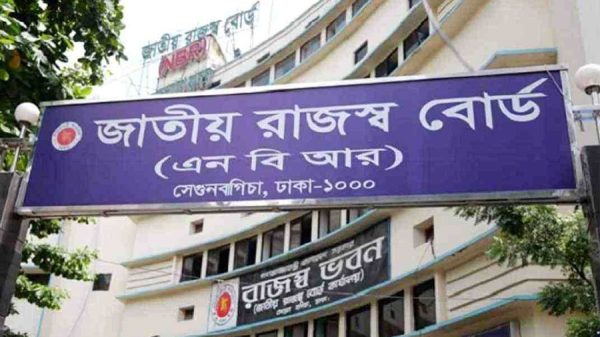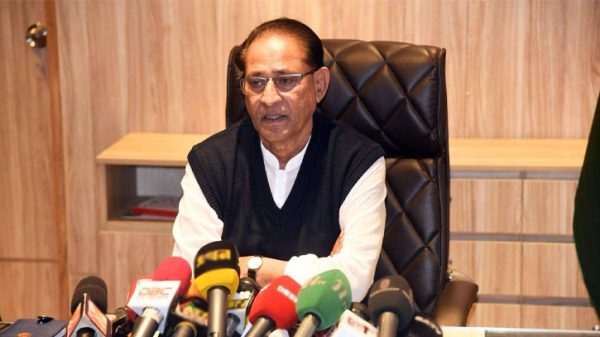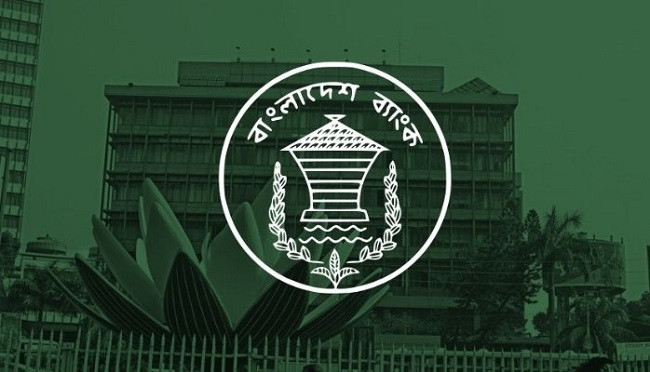Staff Reporter:
The amount of bad loans in the banking sector has been increasing rapidly in recent years, as reflected in data from Bangladesh Bank (BB), according to the recently released White Paper.
In June 2021, BB data showed the defaulted loan rate was 7.9 percent. By the end of June this year, it had exceeded 12 percent.
Around 88 percent of these defaulted loans are categorized as bad quality loans, according to the report.
The severity of the issue has been described as the ‘black hole’ of the banking sector, with a depth three times greater than what is visibly apparent.
The central bank’s statement at the end of last June revealed defaulted loans amounting to Tk 211,391 crore.
This figure surged to over Tk 288,000 crore by September.
Domestic economists and international organisations have consistently questioned the accuracy of the defaulted loan data presented by the central bank.
Following an independent assessment of banks’ assets by a committee comprising domestic and interna-tional chartered accountants, the defaulted loan ratio could rise to 25 percent, according to experts.
Bangladesh Bank Governor Dr Ahsan H Mansur told that the current defaulted loans ratio of 12.50 per-cent may double after the assets evaluation.
“We have to accept the reality, which was hidden earlier. But there is no solution to the problems by hiding the information of banks’ bad loans,” he said.
The White Paper formally released on December 2, shows that in the country’s bad debt data, Tk272,856 crore were re-disbursed, Tk75,389 crore were written off, Tk39,209 crore were in special mention ac-counts, and Tk76,185 crore were tied up in High Court cases. These loans have also become defaulted.
Altogether, the actual default amount totals Tk675,000 crore. This staggering figure is equivalent to the construction cost of 13 metro rail projects or 22 Padma bridges.
Banks are required to maintain a 100 percent provision against bad loans. However, at the end of June, banks had kept only Tk89,355 crore in provisions, falling significantly short of the required Tk176,889 crore.
Approximately 55 percent of the defaulted loans originate from the manufacturing sector.
The dire situation in the banking sector has been attributed to the actions of senior central bank officials and influential external actors.
Their combined influence has been particularly evident from 2015 to 2024.
The white paper highlights that during this period, amendments to the Bank Company Act, influenced by economic and political factors, contributed to the sector’s decline.
In 2023, the term for entrepreneur directors was increased to 12 years, up from 9 years in a 2018 amendment.
The number of directors from a single family was reduced to three in 2023, after being increased to four earlier.
Besides, a critical provision was removed: previously, if one company in a group defaulted, loans from others in the group would also be considered defaulted.
This removal, the report notes, has further weakened the banking sector.










































